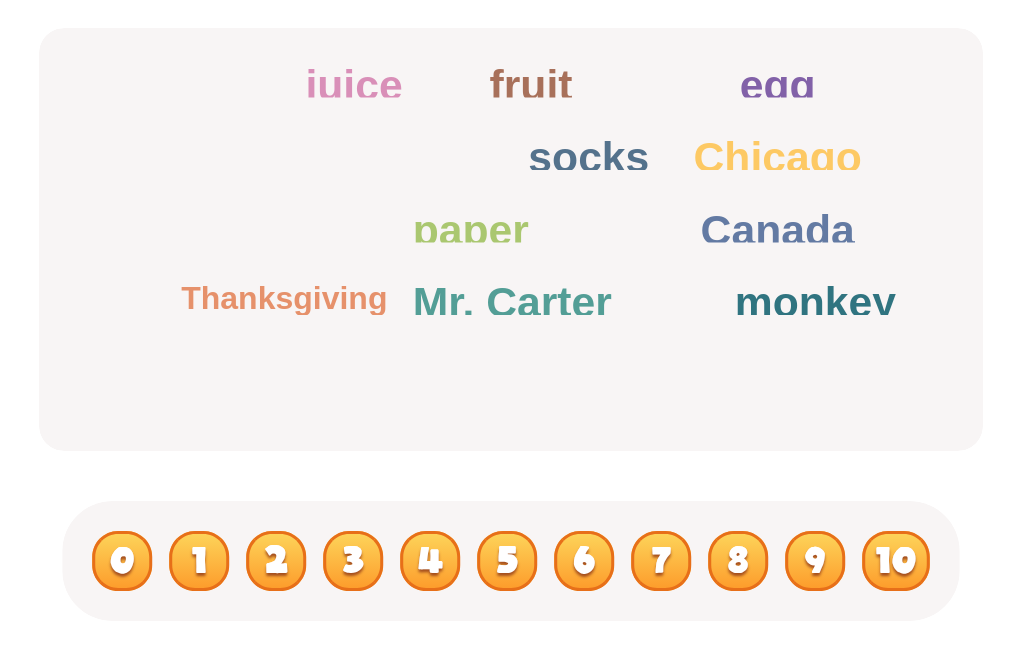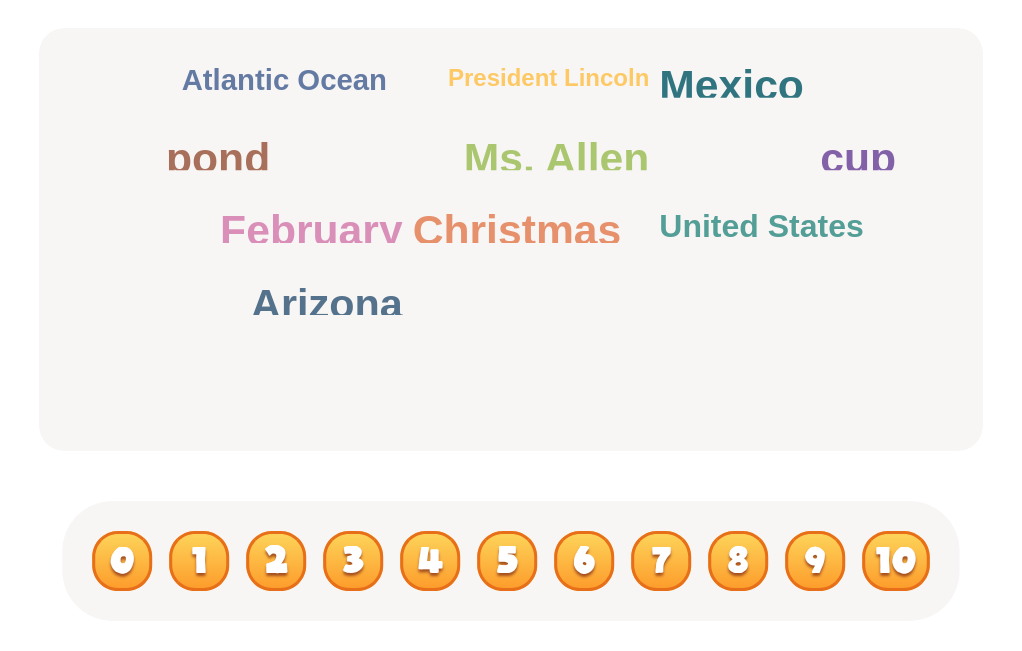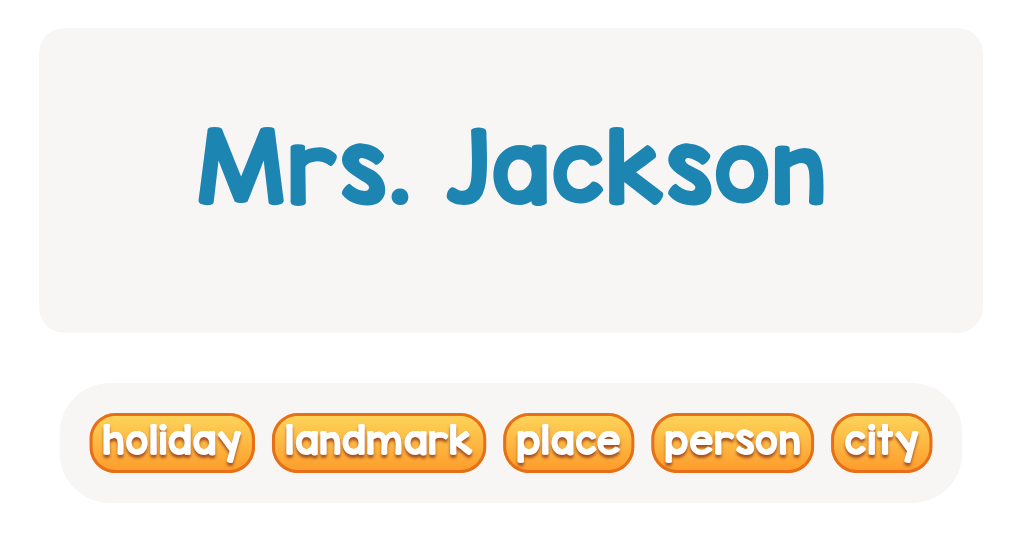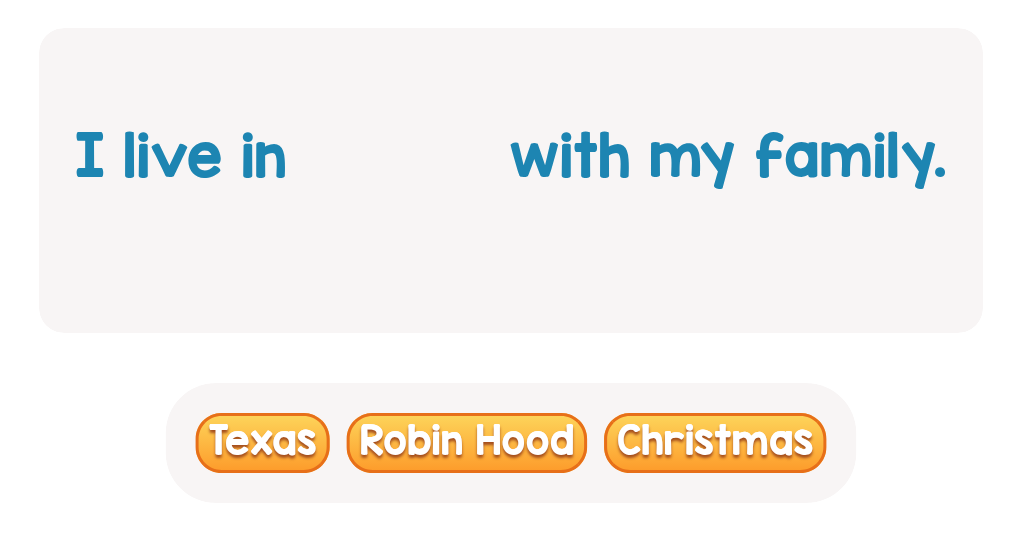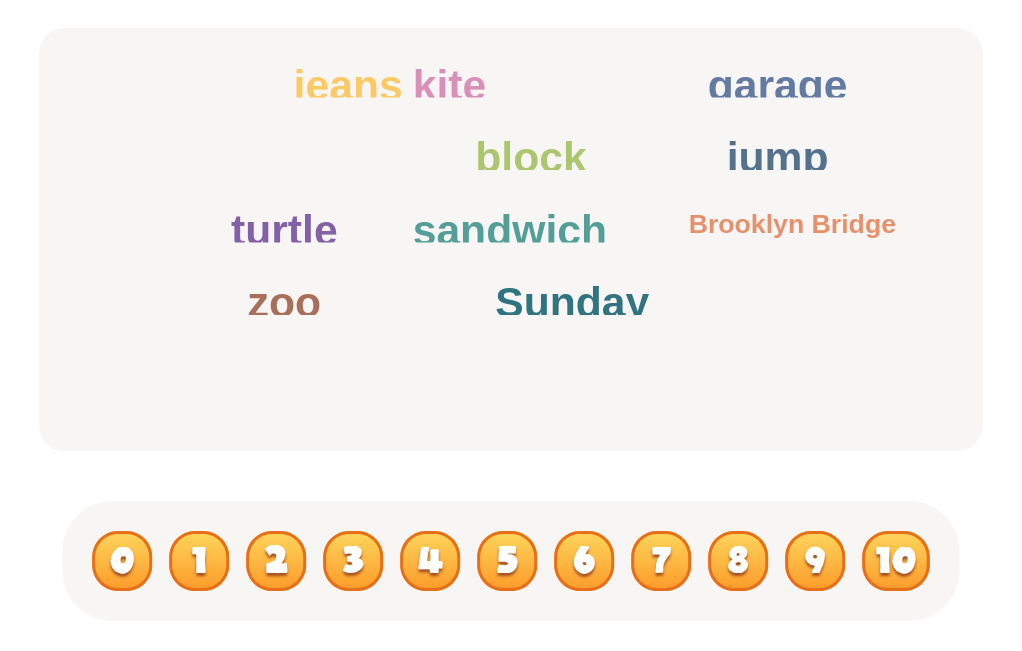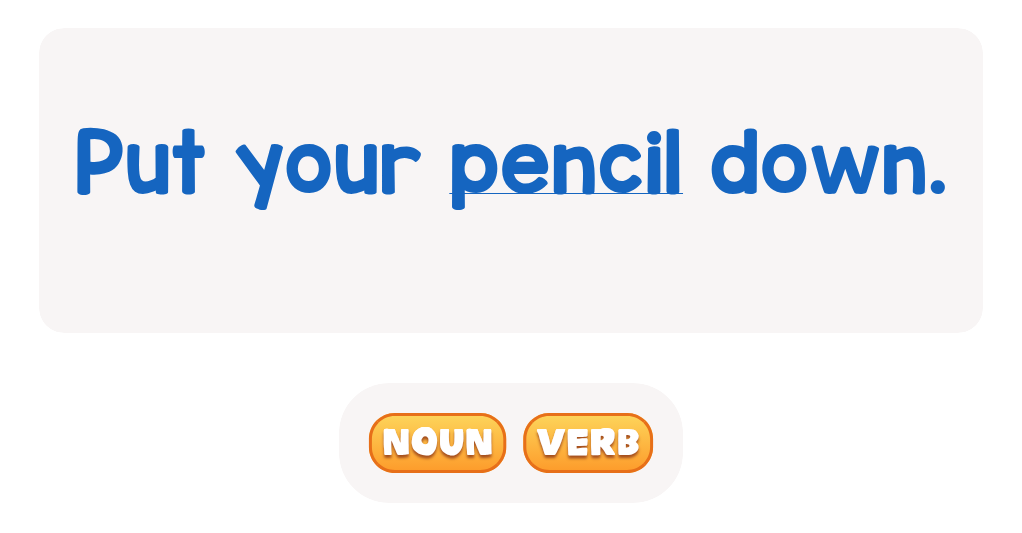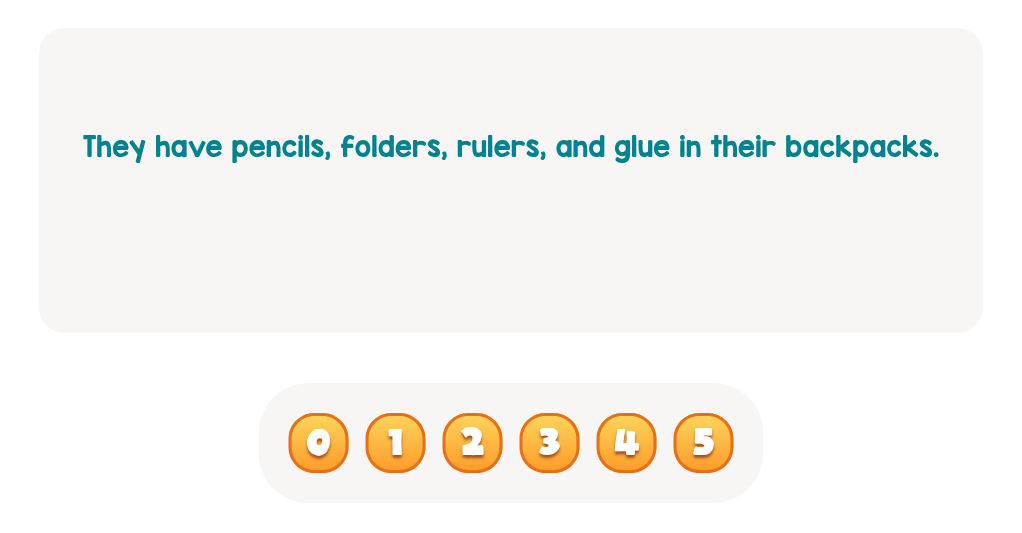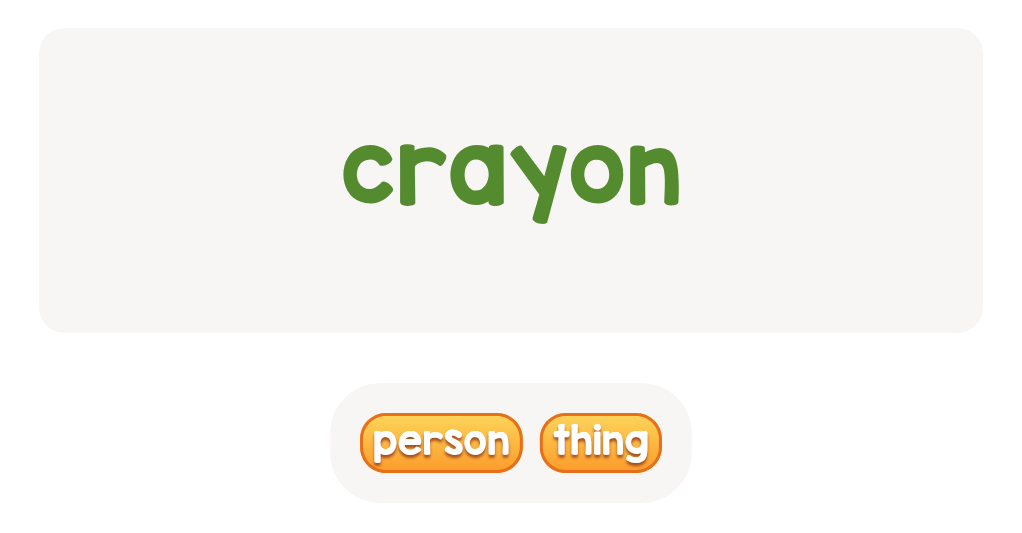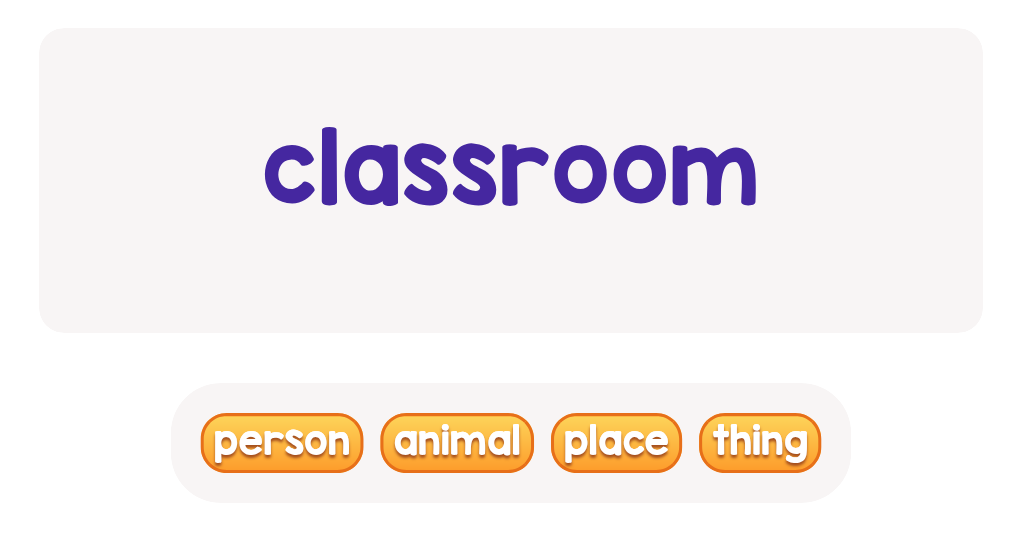Logical thinking Grammar Worksheets for Ages 5-7
4 filtered results
-
From - To
Unlock your child's potential with our "Logical Thinking Grammar Worksheets for Ages 5-7." Specially designed to merge key grammar concepts with engaging logical thinking exercises, these worksheets promote critical cognitive development. Each activity focuses on foundational grammar skills such as sentence structure, proper punctuation, and word usage, while stimulating young minds with fun problem-solving tasks. Whether in class or at home, these worksheets provide an effective learning tool tailored to early learners. Empower your child to develop strong writing and reasoning abilities with educational content that evolves with their growing curiosity and intelligence.
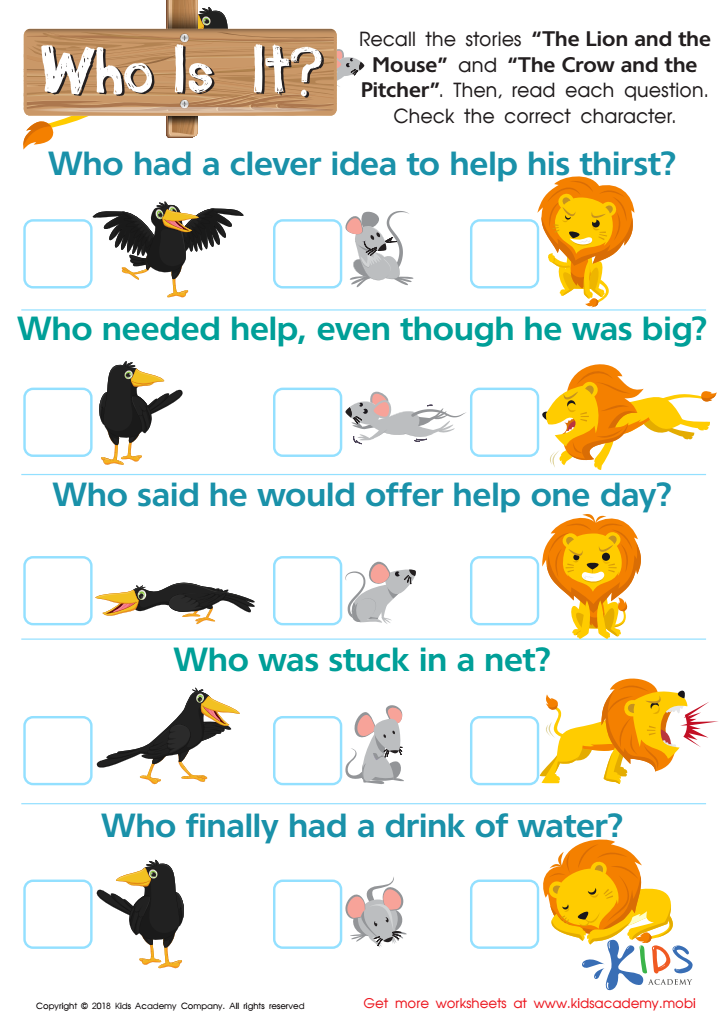

Who Is It? Worksheet
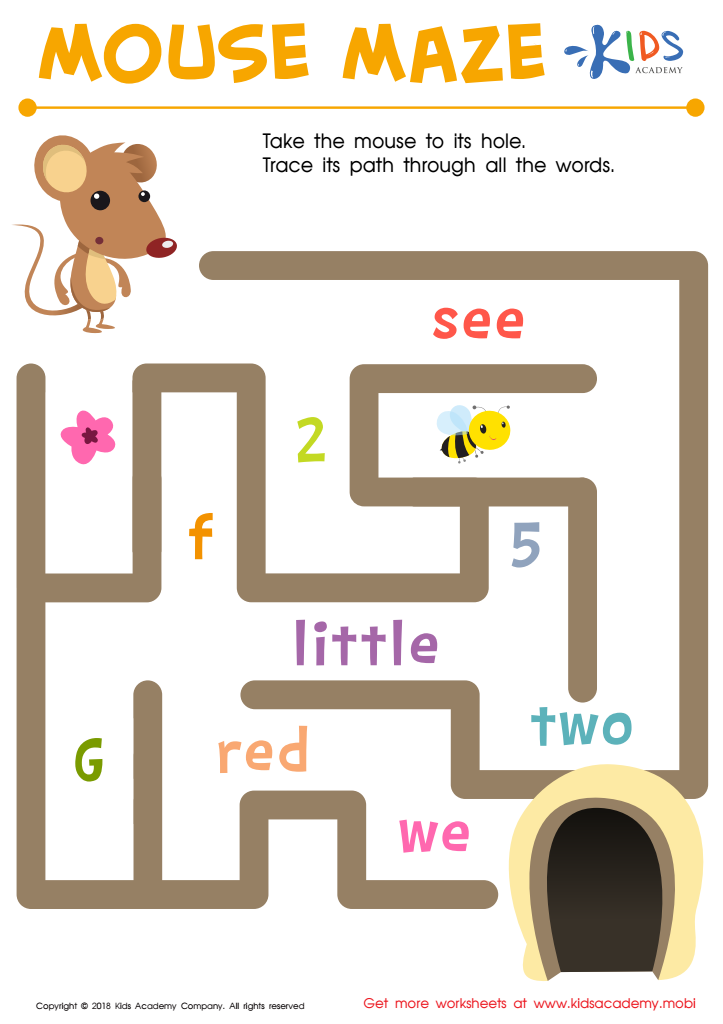

Find Words Mouse Maze Worksheet
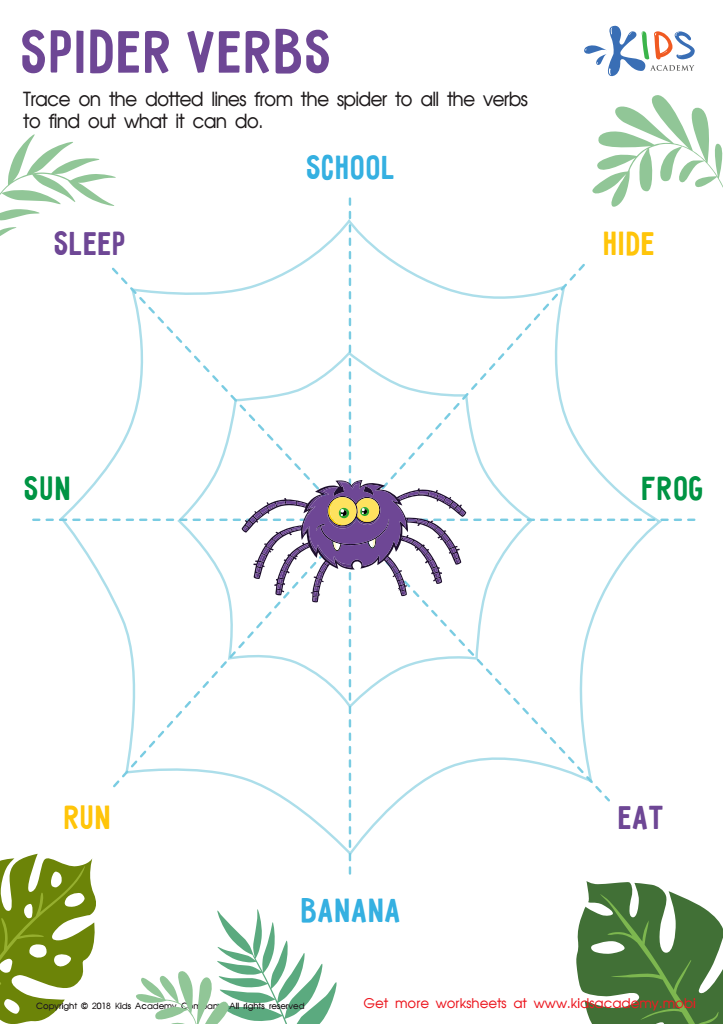

Spider Verbs Worksheet
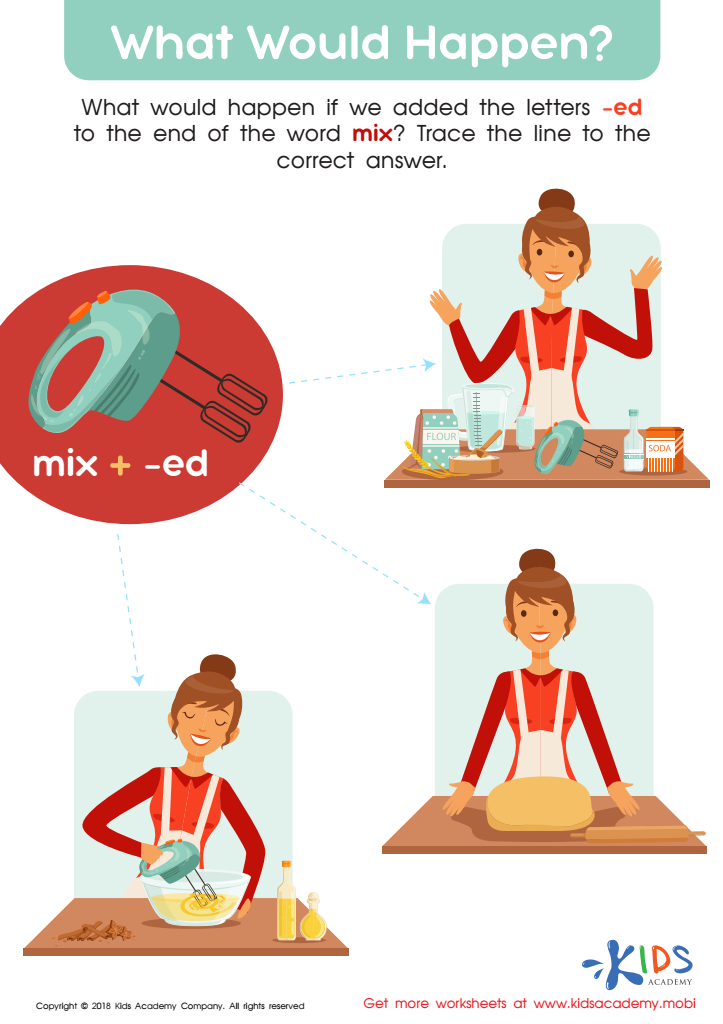

What Would Happen? Worksheet
Parents and teachers should care about logical thinking and grammar development in children ages 5-7 because these skills are foundational for academic success and effective communication. At this age, children's brains are highly receptive to learning, and cultivating logical thinking helps them understand cause and effect, solve problems, and make sense of the world around them. Logical thinking also aids in the development of mathematical and scientific reasoning, which are critical for future learning.
Grammar, on the other hand, is essential for clear communication. By learning proper grammar, children can express their thoughts and ideas more accurately. This skill not only helps them in writing and speaking but also enhances their reading comprehension, as they can better understand and interpret the texts they encounter. Good grammar is fundamental for academic performance, as it is a key part of subject learning and is often assessed through written and oral presentations.
Moreover, early development of these skills boosts confidence and encourages a positive attitude toward learning. Children equipped with logical thinking and grammar skills are more likely to succeed in school and are better prepared for complex tasks as they grow older. Parents and teachers play a crucial role in nurturing these skills through engaging activities, reading, and thoughtful conversations.
 Assign to My Students
Assign to My Students
